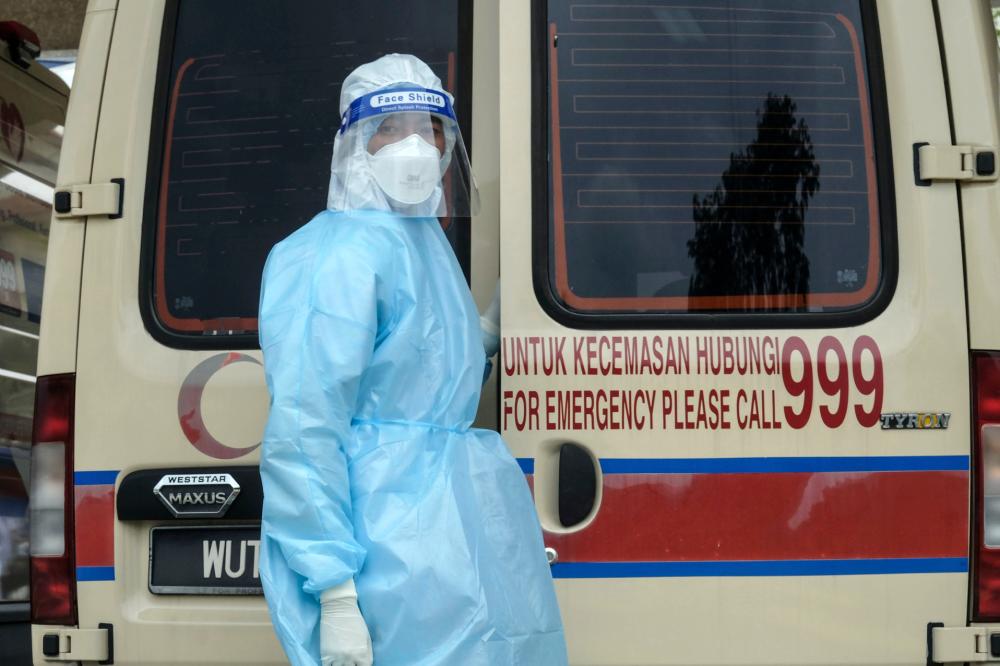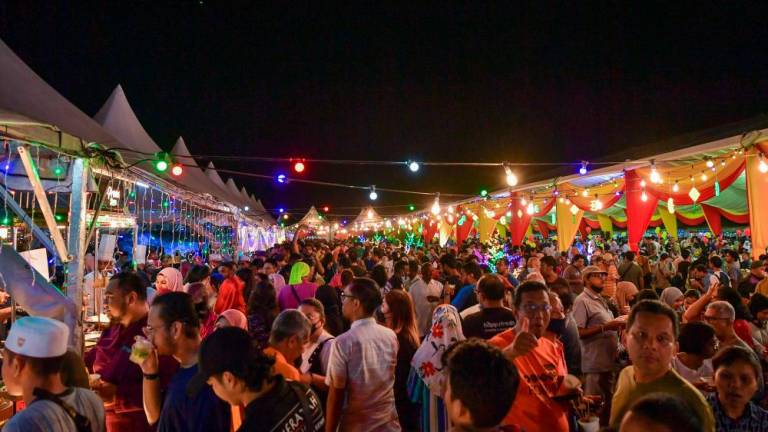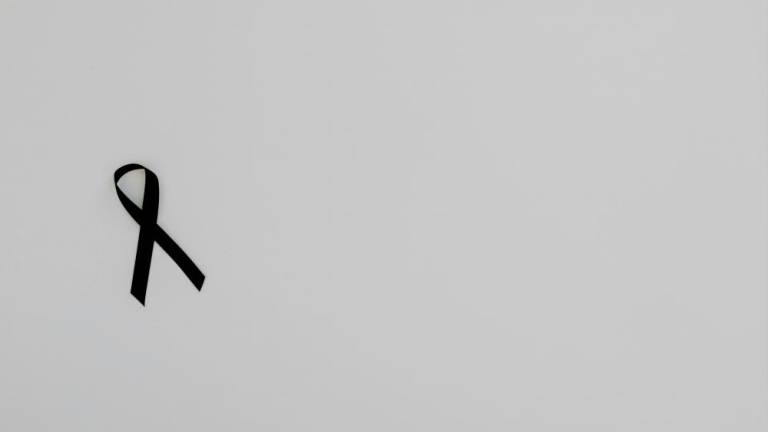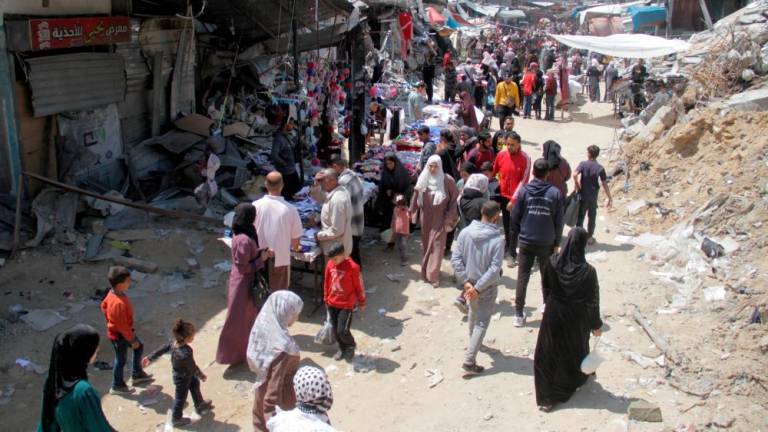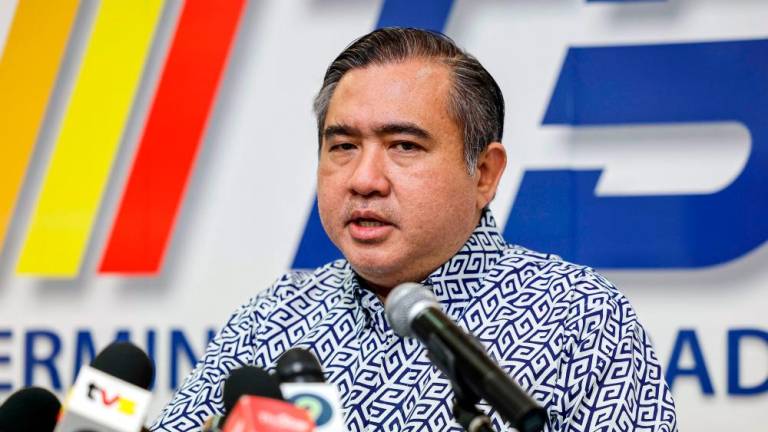PETALING JAYA: The consolidation of data on Covid-19 fatalities last Saturday has raised a few questions among health experts.
Former deputy health minister Dr Lee Boon Chye pointed out that data is essential for a more targeted approach in the war against Covid-19.
“If the number of fatalities is not accurately reported, where does that leave us?” he asked.
The Health Ministry on Saturday reported that there were 592 new fatalities, raising concern among the people. This was the highest number of fatalities reported in a single day.
However, the ministry later explained that the figure included fatalities from previous days which had not been reported yet. It said the number of fatalities that day alone was only 100.
Lee said Health Minister Khairy Jamaluddin should explain how some of the fatalities were reported only days later.
“Has the ministry changed the way Covid-19 deaths are calculated, or is it a clerical error?” he asked.
Lee told theSun that misrepresentation of fatalities had raised “worrisome” questions on the reliability of data.
He said there should also be a distinction between deaths caused directly by Covid-19 and those that are caused by other illnesses.
“A person who tested positive for Covid-19 may have died of a heart attack,” he pointed out.
Malaysian Medical Association president Dr Koh Kar Chai said it would be appropriate to take some time to understand the daily fatality rate before jumping to conclusions.
He said that the ministry is being more than transparent in the way it reports daily Covid-19 deaths. He also advised caution.
“Every single death is worrying. We cannot afford to be complacent, even if the daily fatality rate goes down,” he said. Koh also issued a reminder that the vaccine is not a guarantee against infection.
“It only reduces the risk of you getting severe symptoms,” he added.
He reiterated the fact that those with underlying health conditions are more susceptible to severe Covid-19 symptoms.
On the issue of anti-vaxxers, he said that it was their personal choice given that vaccination is not mandatory for now.
“But I’m also worried that they are causing danger not only to themselves, but to those around them as well,” he said.
Koh cited the example of teachers, who choose not to vaccinate, being in close contact with children who were not eligible to get the jab yet.
“The only thing we can do now is to educate these people on the dangers of Covid-19.”
Universiti Malaya professor of Epidemiology and Public Health Dr Sanjay Rampal reiterated the fact that the elderly, smokers and those with underlying chronic illnesses are more likely to succumb to Covid-19.
“However, the proportion of fatalities among those who have been vaccinated is far lower than those who have not,” he said.
“There will be a higher number of Covid-19 deaths when there is a high incidence of infection among unvaccinated adults,” he added.
Sanjay pointed out that everyone is at risk of succumbing to Covid-19 and the risk rises the moment one steps out of the house.
“We can mitigate that risk by adopting a healthy lifestyle, consuming a healthy diet and getting an appropriate amount of physical activity. A smoker decreases his risk of death the most by giving up smoking,” he said.
He added that those who refuse vaccination should understand that they pose the highest risk of disease on themselves and their family, but agreed that vaccination should remain voluntary.
He urged the government to treat those who refuse vaccination with health promotion campaigns, the same way it treats smokers, the physically inactive and the obese.



